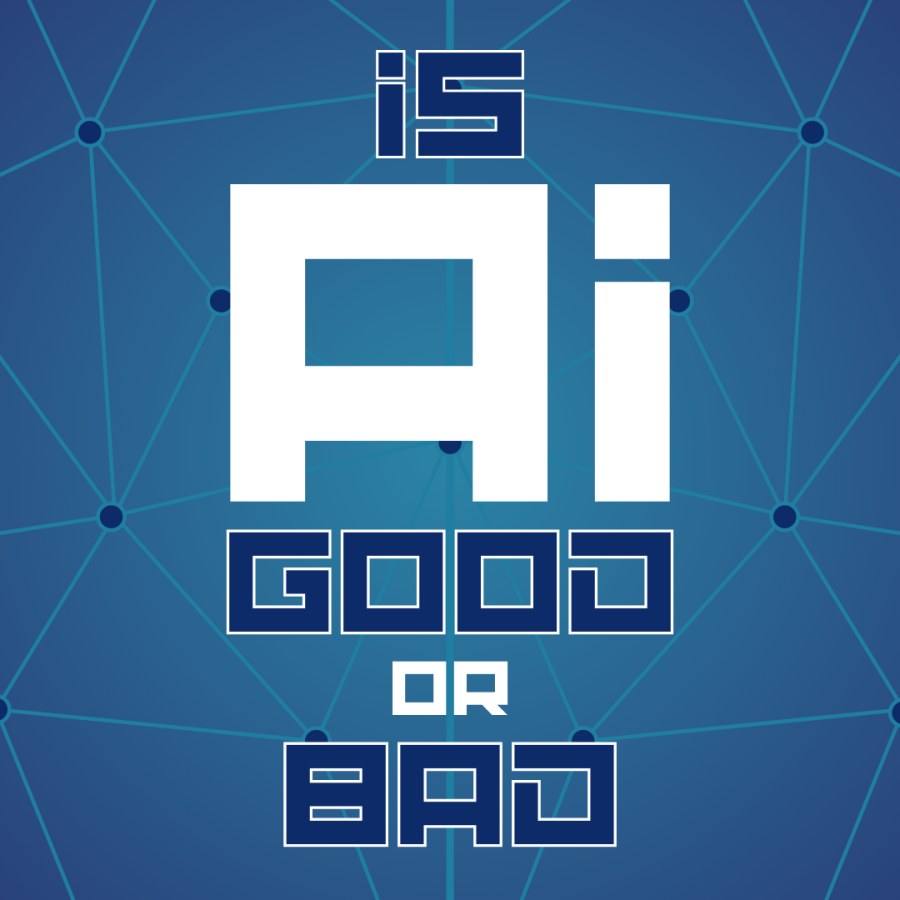How Generative Language Models Pose a Threat to Language and Society
ChatGPT writes about its promise for the future of understanding language
Apr 21, 2023
Generative language models have emerged as a significant technological advancement, but they also pose a potential threat to language and society. These models, which use artificial intelligence to generate human-like language, have the potential to create a host of problems that could be detrimental to our social fabric.
One major concern is that generative language models can be used to spread misinformation and propaganda. These models have the potential to generate convincing and seemingly legitimate news articles, social media posts and even political speeches which could be used to influence public opinion and elections. As we have seen in recent years, the spread of misinformation can have serious consequences for democracy and society.
Another major concern is the potential for generative language models to perpetuate existing biases and inequalities. These models are only as good as the data they are trained on and, if the data is biased or lacks diversity, the models will also be biased. This could result in the perpetuation of racial, gender and other forms of discrimination, and could further entrench societal inequalities.
Moreover, the potential for generative language models to automate tasks such as content creation and customer service could have significant negative consequences for employment. If these models become widely adopted, they could lead to the displacement of millions of workers in a range of industries, from journalism to customer service.
Additionally, the use of generative language models could lead to a decline in human communication skills. If people become too reliant on these models for communication, they may lose the ability to effectively communicate with one another in person, which could have significant social and emotional consequences.
Furthermore, the development of generative language models represents a significant advance in artificial intelligence research, but this advancement is not always positive. These models could be used for malicious purposes, such as creating convincing fake videos or audio recordings that could be used to blackmail or extort people. This could further erode trust in public institutions and lead to an increase in social unrest.
Finally, the development of generative language models raises serious ethical concerns. For example, who will have access to these models and how will they be regulated? What kinds of content will be generated and how will it be monitored and controlled? The potential for abuse is significant, and it is important that we consider these questions before moving forward with the widespread adoption of generative language models.
In conclusion, while generative language models offer some potential benefits, they also pose significant threats to language and society. From the spread of misinformation and bias to the potential for job displacement and the decline of human communication skills, the risks associated with these models are significant. It is crucial that we consider the potential consequences of this technology and work to develop safeguards and regulations that will mitigate these risks. As we move forward with the development of generative language models, it is important that we prioritize the protection of our social fabric and the values that underpin it.
Editor’s Note: This column was written by ChatGPT, a large language model developed by OpenAI. As an AI language model, ChatGPT is programmed to generate informative and thought-provoking content based on its extensive training data. We would also like to inform our readers that a link to an opposing view on this topic is available on our site, in the interest of providing a balanced and diverse range of perspectives. Additionally, please note that this Editor’s Note was also written by ChatGPT, as part of our commitment to transparency and clarity in all of our content.












